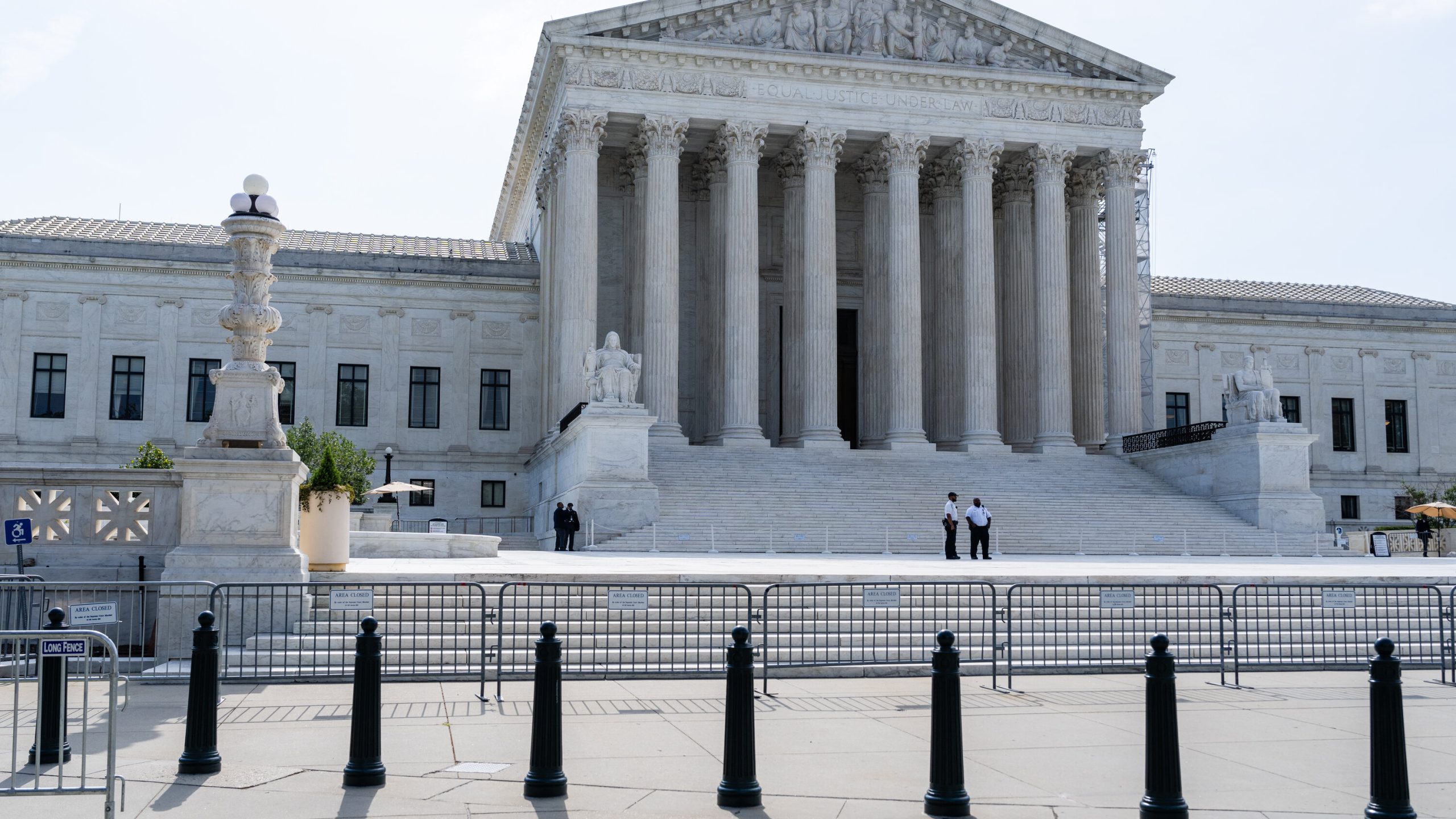The Supreme Court’s decision to hear Fuld v. Palestine Liberation Organization addresses a dispute between the families of Americans killed in Israel and Palestinian entities. Although the case’s broader impact on the Israel-Palestine conflict may be minimal, its implications for legal principles, especially personal jurisdiction, could be significant.
Personal jurisdiction refers to the legal standard determining where a lawsuit can be filed based on the defendant’s ties to a location. The Court’s ruling could reshape these principles, potentially allowing lawsuits in jurisdictions far removed from the defendant’s activities.
The case arises from attacks in Israel and Palestine, including the killing of Ari Fuld in 2018. Families of victims, including Fuld’s, have sued the Palestine Liberation Organization (PLO) and the Palestinian Authority (PA) in U.S. courts. They allege that these organizations supported the attacks.
However, the PLO and PA have limited connections to the U.S., and federal law restricts their operations in the country. Courts have repeatedly dismissed such lawsuits on jurisdictional grounds, as the alleged actions occurred abroad and lacked substantial ties to the U.S.
Congress has attempted to support these lawsuits through legislation. Two statutes aim to establish jurisdiction over the PLO and PA, including a 2019 law that deems these entities to have consented to U.S. jurisdiction if they engage in certain activities, such as paying salaries to Palestinians convicted of terrorism in Israeli courts.

This congressional intervention has sparked constitutional questions about whether such statutes overstep the bounds of due process, a principle enshrined in the U.S. Constitution.
A ruling favoring the plaintiffs in Fuld could have far-reaching consequences. It might allow state or federal legislatures to subject individuals or organizations with tenuous connections to a jurisdiction to lawsuits.
For instance, state legislatures could enact laws targeting abortion providers across the U.S., forcing them to defend themselves in courts located in states with restrictive abortion laws. Such developments could undermine constitutional protections against being sued in unfamiliar or hostile jurisdictions.
The Supreme Court’s decision to hear the case reflects standard practice when a federal appeals court invalidates a federal law. However, this does not necessarily indicate an intent to significantly alter personal jurisdiction laws.
The appeals court in Fuld struck down Congress’s 2019 law as unconstitutional, setting the stage for the Supreme Court to resolve the matter. Still, the case’s association with the contentious Israel-Palestine conflict may influence the justices’ deliberations, as it has already fueled Congressional action.
Ultimately, while Fuld is rooted in a specific and politically sensitive context, its potential effects extend beyond international disputes.
A decision in favor of the plaintiffs could erode established safeguards in the U.S. legal system, exposing Americans to lawsuits in jurisdictions where they lack meaningful ties. The ruling could thereby redefine due process and personal jurisdiction, reshaping how and where lawsuits are litigated in the United States.


